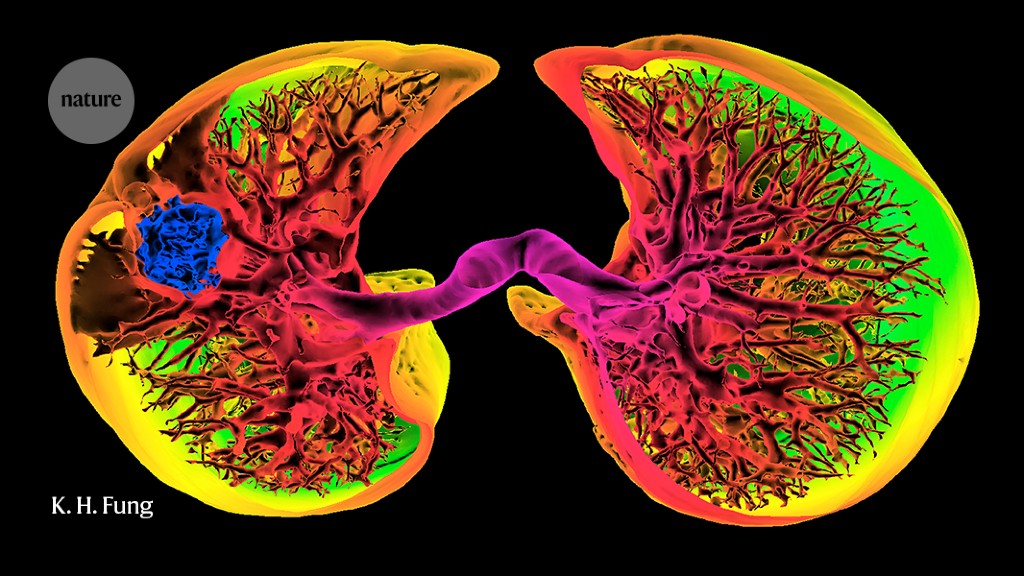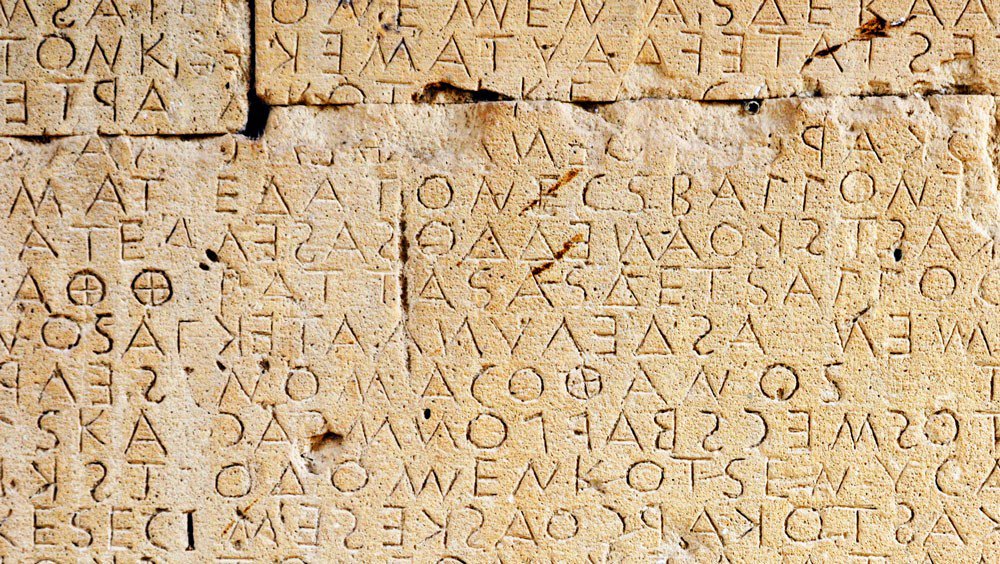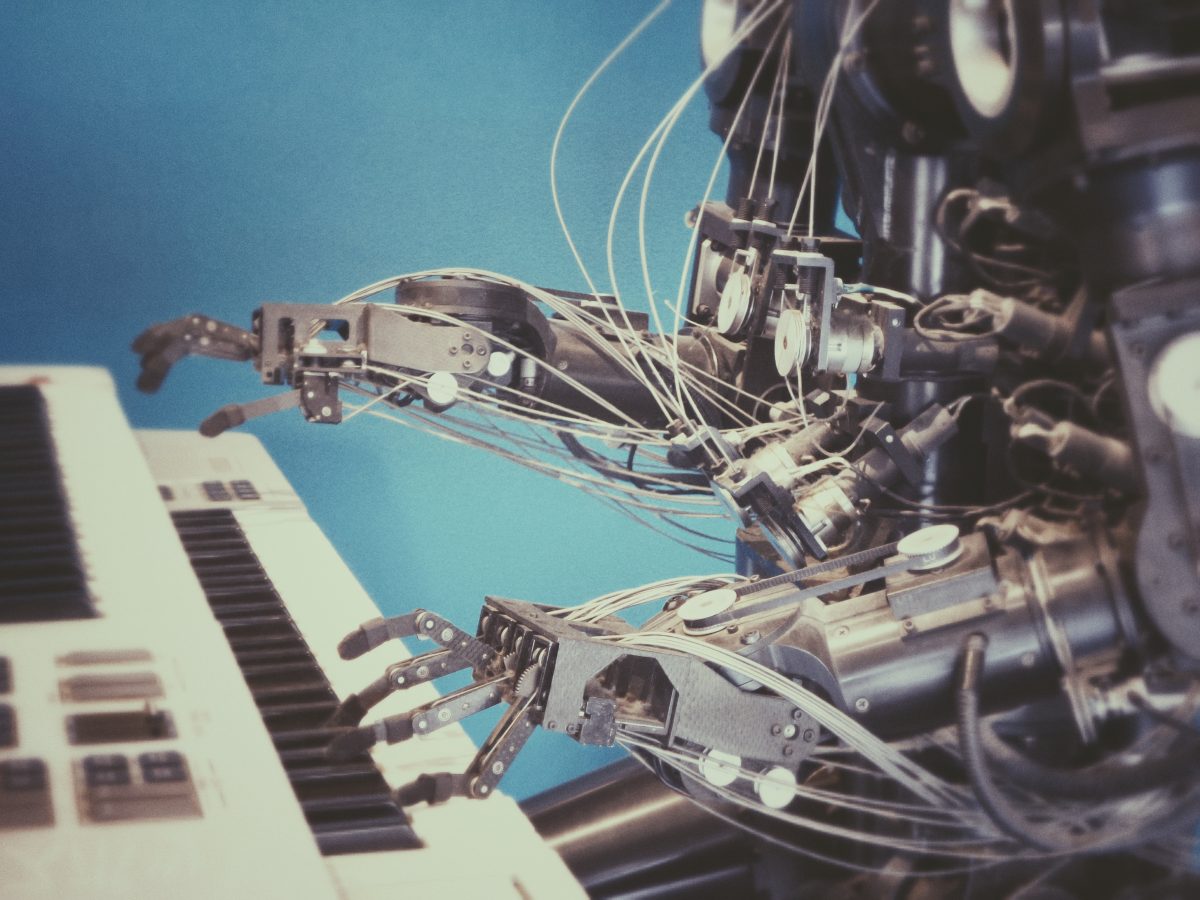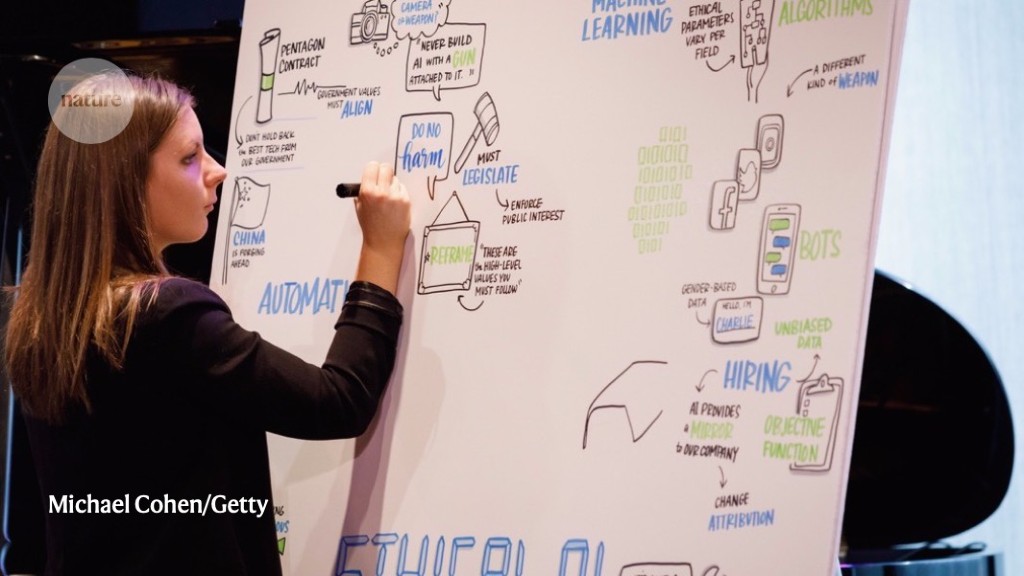Send us a link
Could Machine Learning Fuel a Reproducibility Crisis in Science?
Could Machine Learning Fuel a Reproducibility Crisis in Science?
'Data leakage' threatens the reliability of machine-learning use across disciplines, researchers warn.

Moving Beyond Mimicry in Artificial Intelligence
What makes pre-trained AI models so impressive-and potentially harmful.

A New Type of Powerful Artificial Intelligence Could Make EU's New Law Obsolete
A New Type of Powerful Artificial Intelligence Could Make EU's New Law Obsolete
The EU's proposed artificial intelligence act fails to fully take into account the recent rise of an ultra-powerful new type of AI, meaning the legislation will rapidly become obsolete as the technology is deployed in novel and unexpected ways. Foundation models trained on gargantuan amounts of data by the world's biggest tech companies, and then adapted to a wide range of tasks, are poised to become the infrastructure on which other applications are built.
Yes, DeepMind Crunches the Numbers - but is It Really a Magic Bullet?
Yes, DeepMind Crunches the Numbers - but is It Really a Magic Bullet?
The machine learning outfit's foray into pharmaceuticals could be very useful, but its grand claims should be taken with a pinch of salt.

Harnessing Artificial Intelligence and Machine Learning in Biomedical Applications with the Appropriate Regulation of Data
Harnessing Artificial Intelligence and Machine Learning in Biomedical Applications with the Appropriate Regulation of Data
The risks associated with poor medical database management are ever heightened in today's global pandemic, as the world struggles with control over COVID-19.

U of Texas Will Stop Using Controversial Algorithm to Evaluate Ph.D. Applicants
Our Weird Behavior During the Pandemic is Screwing with AI Models
Machine-learning models trained on normal behavior are showing cracks —forcing humans to step in to set them straight.

Edward Snowden to the Hundreds of AMLD Participants at EPFL: "Don't Stay Safe. Stay Free! "
Edward Snowden to the Hundreds of AMLD Participants at EPFL: "Don't Stay Safe. Stay Free! "
The main points developed by Edward Snowden during his speech at the Applied Machine Learning Days at EPFL. In the second part of his speech, the American answered questions. The main part of this interview are also reported.

Three Pitfalls to Avoid in Machine Learning
As scientists from myriad fields rush to perform algorithmic analyses, Google's Patrick Riley calls for clear standards in research and reporting.

Machine Learning Has Been Used to Automatically Translate Long-lost Languages
Machine Learning Has Been Used to Automatically Translate Long-lost Languages
Some languages that have never been deciphered could be the next ones to get the machine translation treatment.

Innovation in Citizen Science Using Machine Learning
An interdisciplinary team has come up with a mobile app for identifying plants based on users taking a photo of the plant on their mobile. For Citizen Science the enthusiastic engagement of the public with Flora Incognita shows a clear path forward for more widespread uses of machine learning in public participation with science and scholarship, and in knowledge creation.

Why an Age of Machine Learning Needs the Humanities
Why an Age of Machine Learning Needs the Humanities
If democracy depends on informed citizens, democracy is in trouble. This is a moment of crisis for many institutions, including higher education, especially in disciplines such as English, philosophy, and history, which promise to prepare students as citizens. To prepare students for a world where information is filtered by computers, we will need a stronger alliance between the humanities and math. This alliance has two reciprocal parts: cultural criticism of the mathematical models shaping our world, and mathematical inquiry about culture.

ELife Supports SwipesForScience to Gamify Crowdsourced Research and Machine Learning
ELife Supports SwipesForScience to Gamify Crowdsourced Research and Machine Learning
By helping scientists gamify the crowdsourcing of data analysis, SwipesForScience will engage the community to speed up research.
